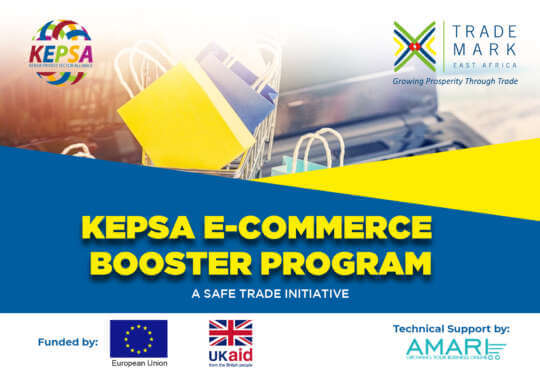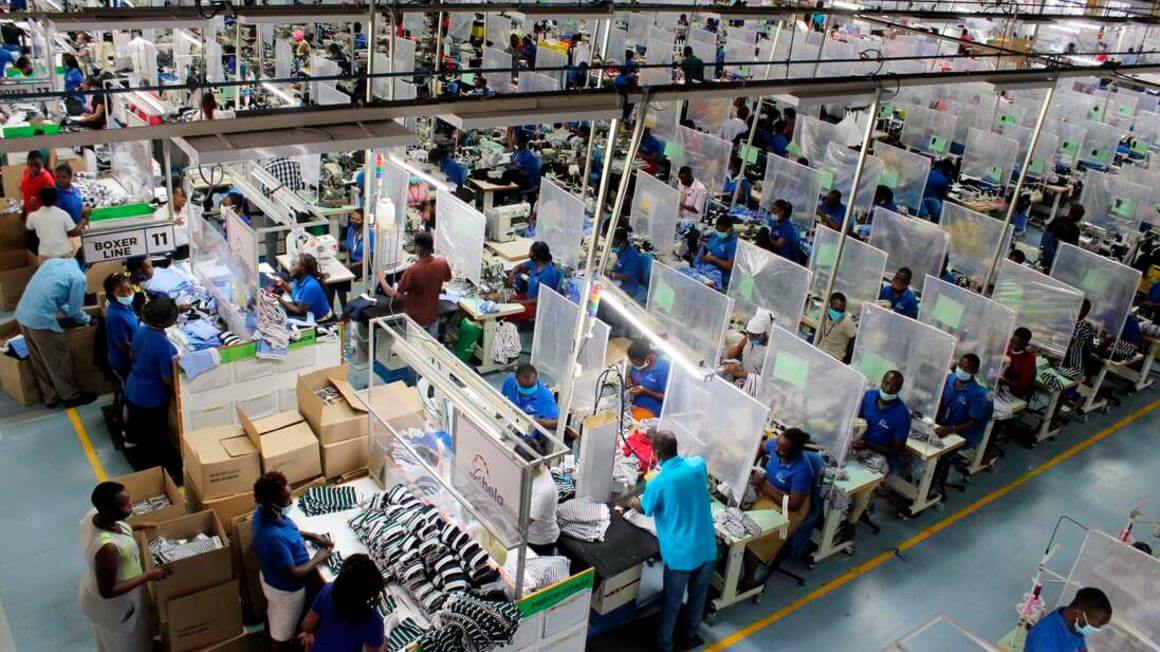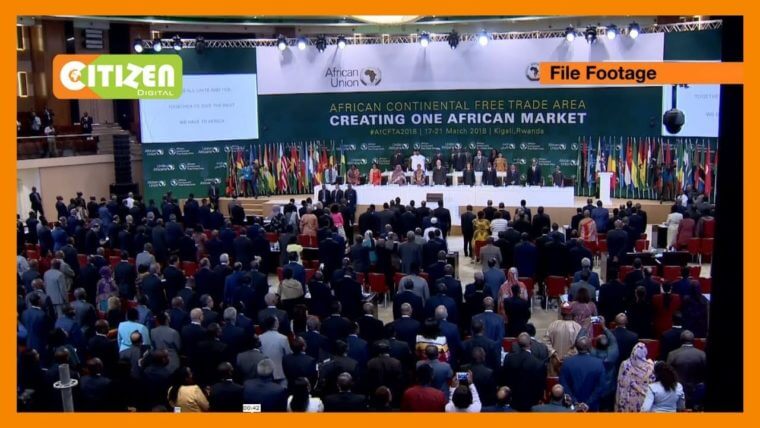Speaking at the International Petroleum (IP) Week on February 25, 2021, I commended Nigeria for its efforts in driving gas monetization, but we have to be clear that our industry and hardworking people remain frustrated by the delays and inability to pass and sign the Petroleum Industry Bill. There needs to be that fierce sense of urgency of now especially in the era of the energy transition. The Petroleum Industry Bill (PIB) needs to be passed as it allows energy companies to turn their attention to producing energy that drives our economies. It will allow politicians to focus on other pressing matters like the African Continental Free Trade Area (AfCTA) and security issues. Africa is well-placed to become a key global supplier of LNG. Mozambique, Nigeria, Equatorial Guinea, Senegal, and Tanzania are potential players. But we have to be honest, Africa is falling behind. While capital investment in other regions has increased, it has decreased vastly in Africa. Competition for capital investment in the global LNG industry is fierce and for countries that want their resources to be monetized locally and internationally, a number of factors need to be considered and must be done so quickly. Rising (and sometimes reckless) government expenditure, burdensome regulations, and the lack of infrastructure to move Africa’s energy to grow markets are all undermining investor confidence in many African countries. This is negatively affecting exploration projects and even our ability to attract the capital needed to create jobs, implement the AfCTA and push for Africa...
Africa needs Pragmatic Free Market policies to attract capital into Gas markets
Posted on: March 2, 2021
Posted on: March 2, 2021























